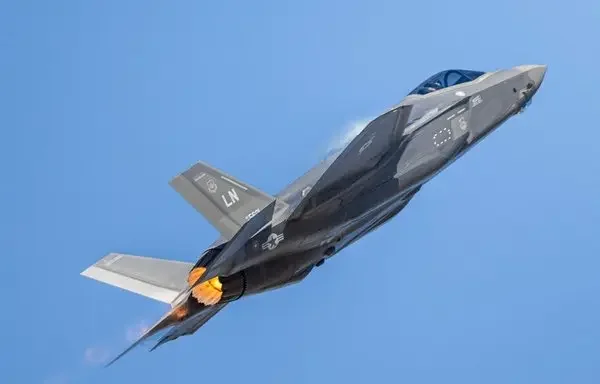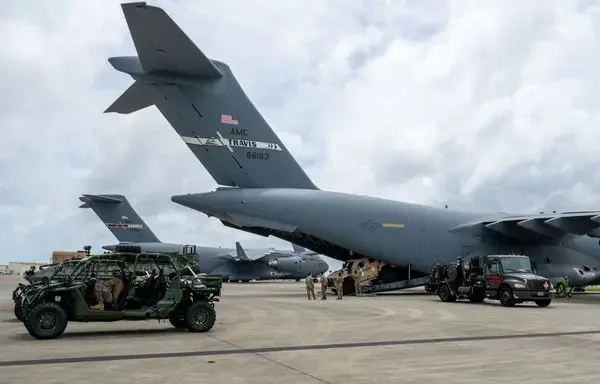Securing the Skies: Strategic Lifelines and Artificial Intelligence
As regional threats evolve and air power becomes a decisive factor in maintaining stability, aerospace supply chains have emerged as strategic lifelines.
Aircraft, defense systems and maintenance operations need timely access to critical parts at the right time.
This is now as critical to national security as any frontline defense measure.

In this environment, artificial intelligence (AI) is transforming how nations safeguard and sustain aerospace capabilities.
Critical Importance of Aerospace Supply Chains
Aerospace supply chains span continents, from raw material extraction to the manufacturing of jet engines and avionics.
Their complexity makes them vulnerable to disruptions from geopolitical instability, natural disasters and cyberattacks.
Even one delayed component can ground fleets, weaken readiness and expose national vulnerabilities.
“Resilience in the aerospace supply chain is no longer a matter of efficiency. It is a matter of security,” said Patrick Marous, a global supply chain expert.
The field of AI is emerging as a game changer for managing this complexity.
Predictive maintenance algorithms forecast equipment wear before failures occur, reducing downtime and costs.
Machine learning improves demand forecasting, anticipating spare part needs with greater accuracy.
Real-time tracking systems, powered by AI, monitor shipments and alert operators to delays or environmental risks.
A 2024 report found AI-driven logistics reduced maintenance downtime by 30 percent and improved operational efficiency by more than 20 percent.
In managing supplier risk, AI can also identify early signs of disruption which allows decision-makers to act before problems escalate.
“AI gives us the visibility and agility we’ve always needed,” Marous said. “It turns a reactive process into a predictive one.”
Technology, Expertise and Partnership
The US leads in AI innovation and aerospace integration, backed by decades of research, industry strength and global partnerships.
This leadership helps allies modernize logistics through tech transfer, training and digital transformation.
Partnering with US companies provides access to proven technologies, technical expertise and a culture of transparency that prioritizes security.
Marous envisions AI analytics guiding every step of aerospace logistics, from procurement through deployment.
He emphasizes that partnerships will be essential to unlocking this potential.
“No single nation or company can build the future of aerospace logistics alone,” he said. “Collaboration is the key to resilience.”
The Dubai Airshow: A Platform for Innovation and Collaboration
Events like the Dubai Airshow showcase how collaboration drives innovation.
This show underscores the US commitment to advancing AI aerospace systems and strengthening regional partnerships.
Through technology exchange and training, nations in the Gulf and Levant can leverage the US experience to build more secure, adaptive supply networks.
Building Resilient Aerospace Supply Chains Together
As aerospace systems interconnect, resilient supply chains become the backbone of deterrence and stability.
By using AI and strengthening partnerships, nations can reduce risks and ensure operational readiness.
The US, with unmatched tech leadership and shared security goals, will help secure the skies, and future, together.






